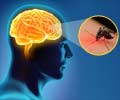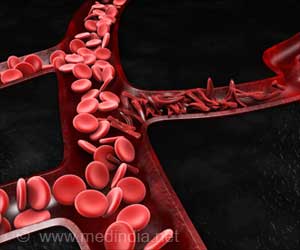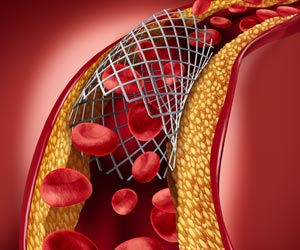A new study from the National Brain Research Center at Manesar, Haryana, has found that the Japanese encephalitis virus or 'brain fever' virus damages the brain in two ways, often
The Japanese encephalitis virus or 'brain fever' virus damages the brain in two ways, a new study by the National Brain Research Center at Manesar, Haryana, has found. The virus causes psychiatric problems like mental retardation, learning disabilities, speech and movement disorders and behavioural abnormalities as well.
Dr. Anirban Basu and his graduate student Sulagna Das have found that the virus behind the disease damages the brain not only by killing brain cells, but also by preventing the birth of new cells from neural stem/progenitor cells (NPC) and depleting the NPC pool."It's a double hit to the brain, the JE virus causes brain injury by killing neurons as well as prevents its repair," said lead researcher Basu said in a statement.
The children are more vulnerable targets of this virus, which causes massive neuronal loss in the Central Nervous System.
"Children are at a dynamic stage of brain development, hence infection at this stage can have devastating effects on mental functions later in life. Our study has tried to explore how JEV infection leads to development of long-term cognitive deficits in the survivors", said Basu who has been working in the neurobiology of JEV infection for the past four years.
A report on the study, published online in the Journal of Neurochemistry, quoted the researcher as saying: "The breakthrough here is that the JE virus prevents neural stem and progenitor cells in the brain from dividing; it hangs them up."
Basu said: "It's the first time that a mosquito-borne virus has ever been shown to affect neural stem cells."
Advertisement
Advertisement
Over the years, JE has become a major cause of mortality and morbidity in wide areas of SE Asia.
The very high incidence of permanent and disabling neurological sequelae has considerable socioeconomic impact.
"Knowing the mechanism, we can start to approach this therapeutically," Basu said.
"This indicates that we might eventually treat this form of neurological and psychiatric problems by either ramping up brain repair or protecting the repair mechanism," Das added.
Source-ANI
RAS/L















